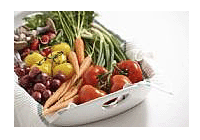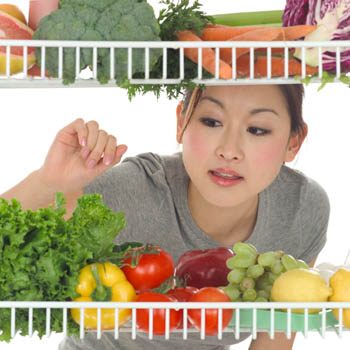Self Improvement - Diet(Healthy Eating)
Many retirees spend lots of time on golf courses and tennis courts; however, most of their time is spent eating out and relaxing. There are cruise ships with big buffets, clubhouses, card games, and did I mention buffets? All of a sudden, life centers on food. Eating all those early-bird specials means larger portions and higher calories. And, as we get older it becomes more difficult to do everyday things, which is why physical activity, including strength training, is critical. Also, we lose lean muscle tissue, which means our metabolism slows down — which means we burn fewer calories. The Fix: Metabolism slows with aging, so pick healthful meals ahead of time because it’s easy to lose focus when dining out socially. Make sure you don’t fall into the “I’m getting old – it doesn’t matter anymore” syndrome, because it matters more than ever. In fact, the older you are the more reason you have to pay attention to diet and exercise; this is when it can make a big difference in your quality of life. Disease is not just about mortality, it can create significant discomfort while you’re here. Think about your grandchildren and the importance of their knowing you as healthy and fit — it sets a good example. Is there a special diet for seniors? Seniors are a very heterogeneous group even though they share the same age category. Does a 60 year old have the same nutritional needs as a 90 year old? Not likely. Seniors differ in terms of physical function, behavior, cognition, and emotional status, all of which may affect health. That’s why we must focus on dietary needs as they pertain to a person’s physiological, rather than physical age. What are some nutritional recommendations that can be made for seniors? The most important recommendation to make for all seniors is to drink plenty of water daily! Kidney function declines with age and so does the thirst reflex. All seniors should make sure they drink eight glasses of water or other liquids daily. Simple changes such as putting a water glass by the bed, or drinking a glass of water after brushing one’s teeth, will help to establish and keep this habit. Fruit and vegetable juices, milk, and caffeine-free coffees and herbal teas are also good liquid sources. 
Second, there is convincing evidence that there is a strong protective effect against cancer and heart disease associated with increased consumption of fruits and vegetables. Some are better than others but the best approach is to eat a variety of fruits and vegetables that you enjoy. If you are thinking of food as medicine, make it medicine that tastes good! Enjoy your soy as soy products contain isoflavones that seem to keep testosterone in check--prostate cancer feeds off of testosterone. Soy products come in many different forms: cereal, milk, tofu, chips and sprouts. Explore your options and try to incorporate soy into your diet and it may lower your risk of prostate cancer Controlling caloric intake is also important. Very simply, seniors should not overeat. Being overweight is associated with increased risk of death and chronic diseases, including coronary heart disease, high blood pressure, non-insulin dependent diabetes, and even some types of cancer. There is considerable research going on now regarding fat. Are all fats equal? No. Are some fats actually good for you? Yes, but it is not clear yet which fats we can recommend based on scientific evidence. It does seem clear that saturated fat is unhealthy and should be avoided. Trans fatty acids, likewise, need to be avoided. Read food labels carefully. Vitamin D, the sunshine vitamin, and vitamin B-12, found in animal products, are especially important for older adults because their absorption in the body decreases with age. Should seniors take vitamins and minerals? A daily multivitamin/mineral supplement is beneficial for most seniors, though the value of a supplement depends on many factors, including dietary habits and overall health status. Seniors should talk to their dietitian or doctor for more specific recommendations. << Back |
|
Home |
Retirement Age Act |
Retirement Planning |
Retirement Lifestyle | Copyright © 2005-2011 Retiree.SG |
